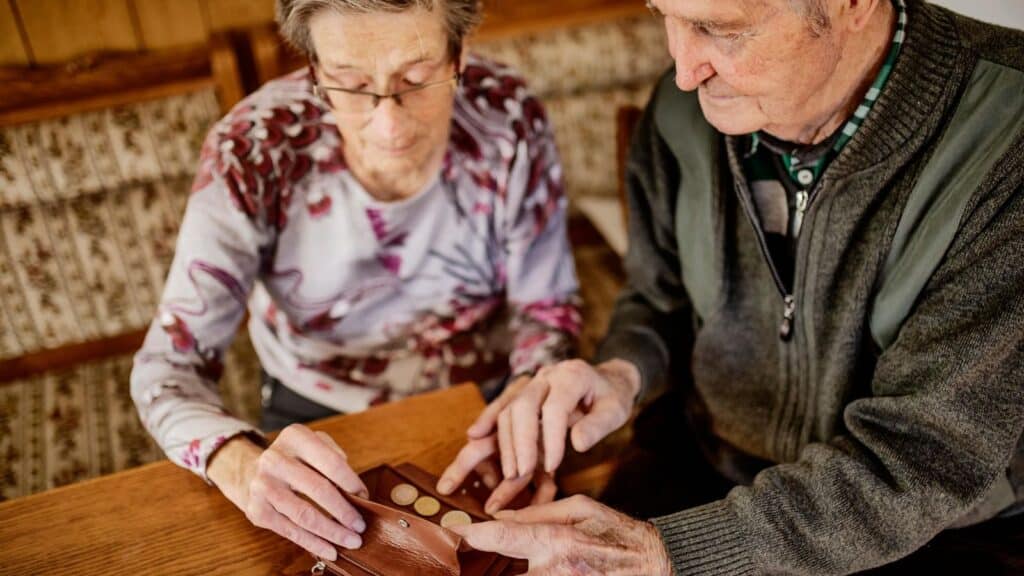As medicine and healthcare evolve, the average lifespan is increasing, and many of us are living for extra years compared to our ancestors. Deciding how to spend your twilight years can be a challenge, and recent events have seen a move away from traditional residential and nursing homes and more toward care in the individual’s own home. But just what are the benefits of this for the elders in your life? We took a closer look.
Familiar Surroundings
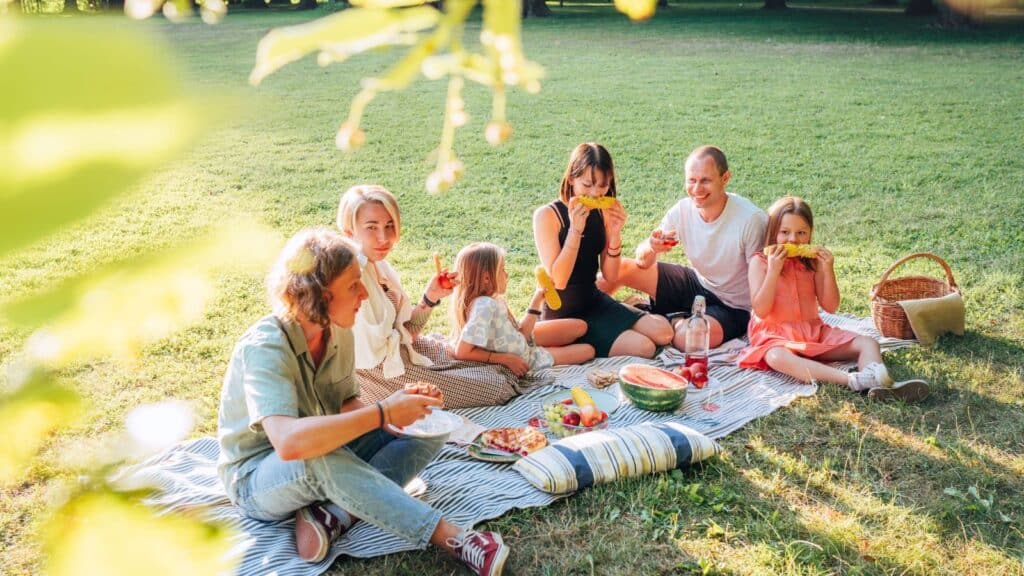
Home care allows peopl eto remain in comforting, familiar surroundings for their golden years, which can be a great source of solace and reassurance and boost health and overall wellbeing.
Better Health Outcomes

Staying in familiar surroundings can also improve health and outcomes, particularly for those with dementia. Recent studies have shown that home care for the elderly with dementia can reduce hospital readmissions, benefit family life, and optimize life and health in the long term.
Boosts Independence

Many elderly people are keen to retain as much independence as possible, and at-home care allows this to a greater extent compared to residential-based care, as you can choose the services you need the most.
Staying Part of the Local Community

Being part of an active community is important for general wellbeing, mental health, and emotional wellness, and care at home allows the individual to enjoy these benefits, safe and secure in the presence of the community they know and love.
Keeping Pets Close

While many nursing and residential homes now allow pets to move in with their owners, it’s not always guaranteed. Home care allows precious furry family members to stay close, and it can come with its own list of benefits, from staying active to providing company.
No Limits on Family Time
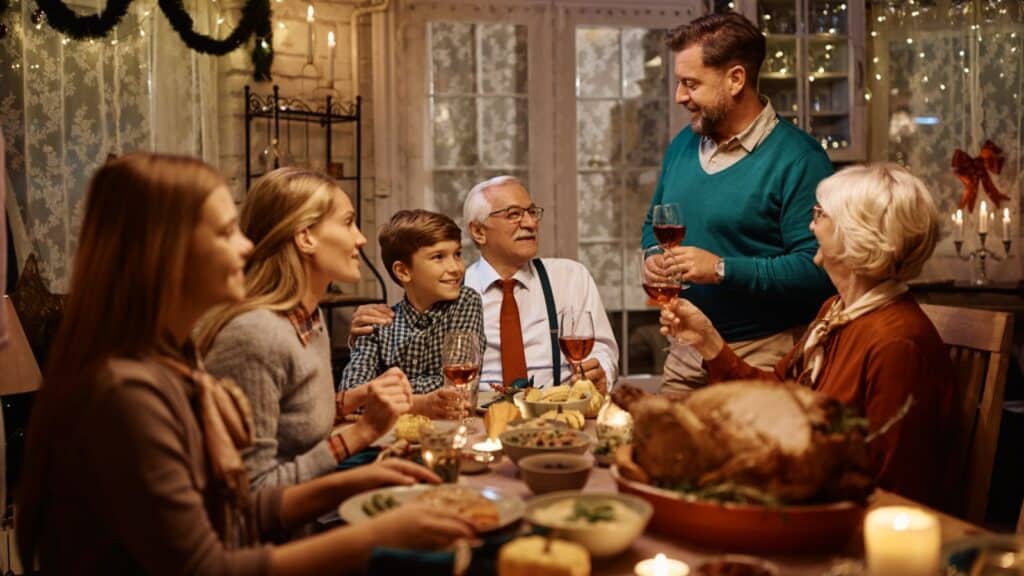
Care in one’s own home means that there are no visiting hours, and this means that friends and family can drop in at any time, allowing people to maintain relationships and connections.
More Personalized Care
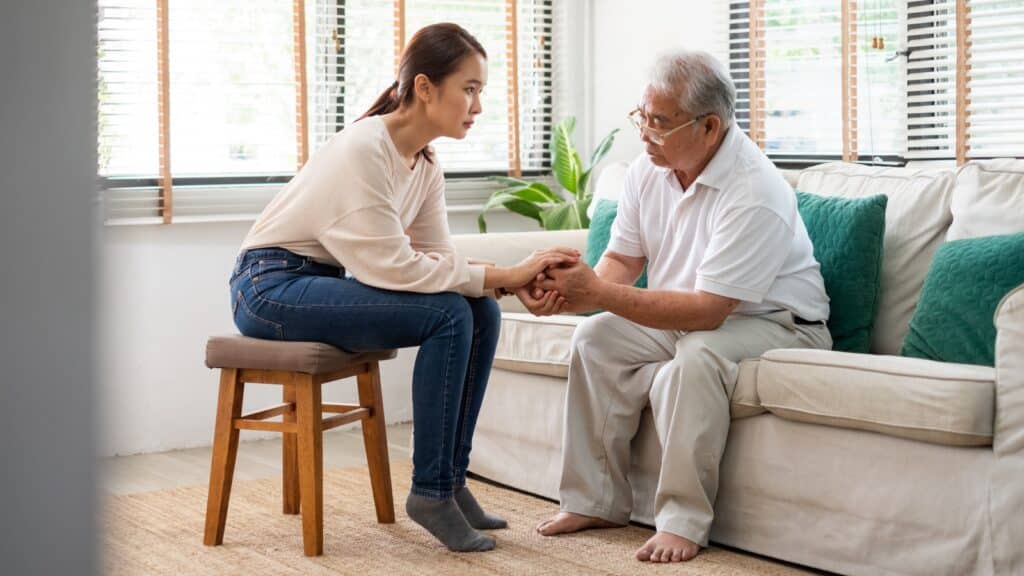
Hiring a personal carer for in-home care also ensures that individuals receive greater one-to-one care and focus, as their attention is not split between multiple residents. This will result in higher levels of care and connection.
Maintain a Regular Routine

For those with a reliable, regular routine, in-home care is the ideal way to maintain this while ensuring consistent and ongoing care. You can choose services and visits that work for you and maintain an active, busy life.
Pay Only for What You Need

Personal care services can be expensive, but home care offers greater flexibility, allowing you to only pay for the care and services you require.
No Stress or Expense of Relocation

In some cases, local care homes may still be some distance from someone’s home, and this can result in the need to pay a lot of money for relocation. It’s an experience that can be frightening, overwhelming, and pricey. In-home care eliminates this stress and anxiety.
Personalized Adaptations and Adjustments
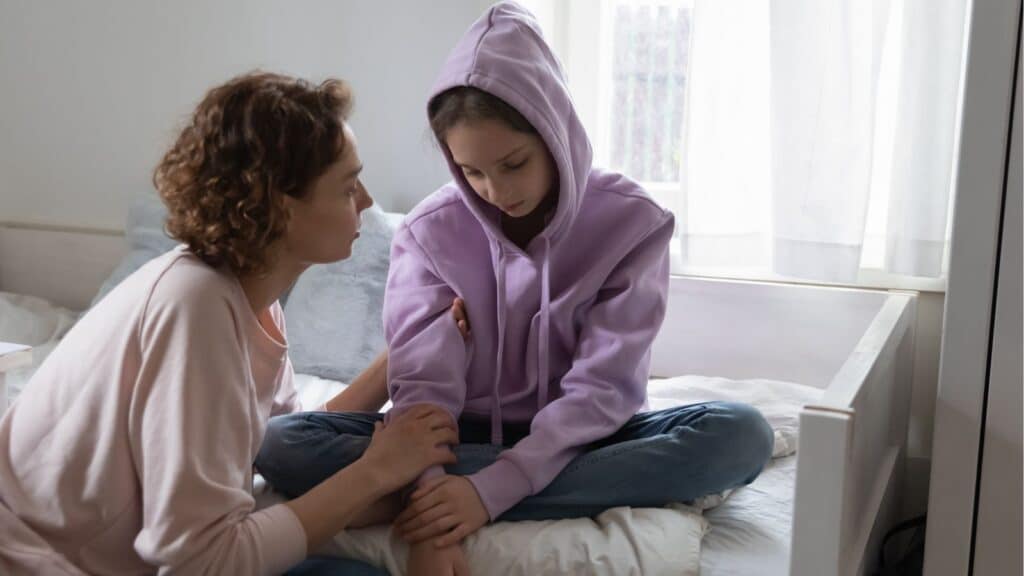
While many care homes are set up with mobility aids such as ramps and rails, more specialized equipment may not be available, particularly in smaller homes. With home care, however, the individual can make the adjustments that help them to live a healthy, happy life.
Reduced Risk of Illness or Infections

By remaining in their own home, people can choose who they come into contact with, and this makes it easier to avoid any germs, infections or illnesses that may be circulating, and which can be more easily spread in care homes.
Consistency of Care

While many residential and care homes do their best to retain staff, turnover tends to be high. By investing in your own at-home carers, you can ensure continuity and consistency of care, which helps with forming relationships, as well as ensuring ongoing quality.
Freedom Over Food and Diet

Staying at home means that people can choose when, what, and how much to eat, rather than relying on a care home timetable. As long as they are staying healthy and well-fed, this can be an essential part of maintaining dignity and autonomy and ensuring proper nutrition and enjoyment of food.
Reduced Stress for Families

As well as reducing stress and anxiety for the elderly, care in the home can also be easier on families, as they know tat there is less disruption or upset for their loved one.
More Peaceful End-of-Life Care
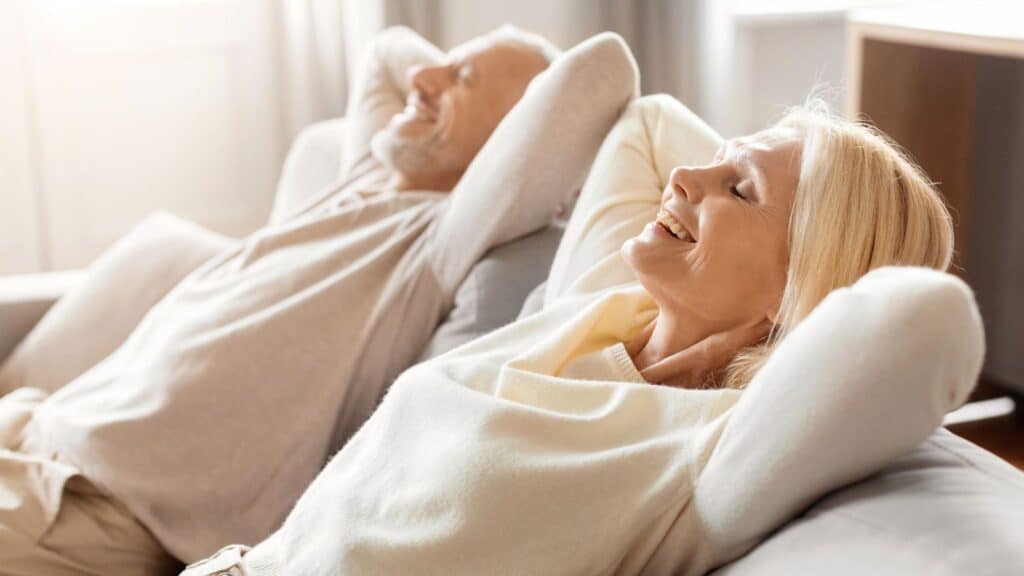
In the sad event that someone requires end-of-life assistance, care within their own home can offer dignity, peace, and comfort, due to familiar surroundings and the presence of loved ones.
Preservation of Cultural Traditions

If your loved one has particular special cultural traditions or preferences, home care can make it easier to accommodate and cater for these, particularly regarding dietary requirements and social events.
Adherence to Medication Routines

Some studies have also confirmed that those receiving care in their own homes are likely to have better adherence to taking their medication and maintaining their routine compared to residents in care or residential homes, who are at greater risk of medication error.
Better Mental Health Outcomes

There is evidence that in addition to boosting physical health and wellbeing, at-home care can boost mental health outcomes, helping people feel calmer, more reassured, and more secure.
Preservation of Personal Belongings

Staying at home allows people to be surrounded by their cherished belongings, memories and personal treasures, and this can be important for maintaining a sense of identity and personal confidence.
Care Can Be Adapted to Changing Needs

One of the main advantages of having care in your own home is that carers can more easily adapt to changing needs. If someone becomes unwell, or requires help with a certain task, this can be easily implemented and adjusted.
Respect for Privacy and Dignity
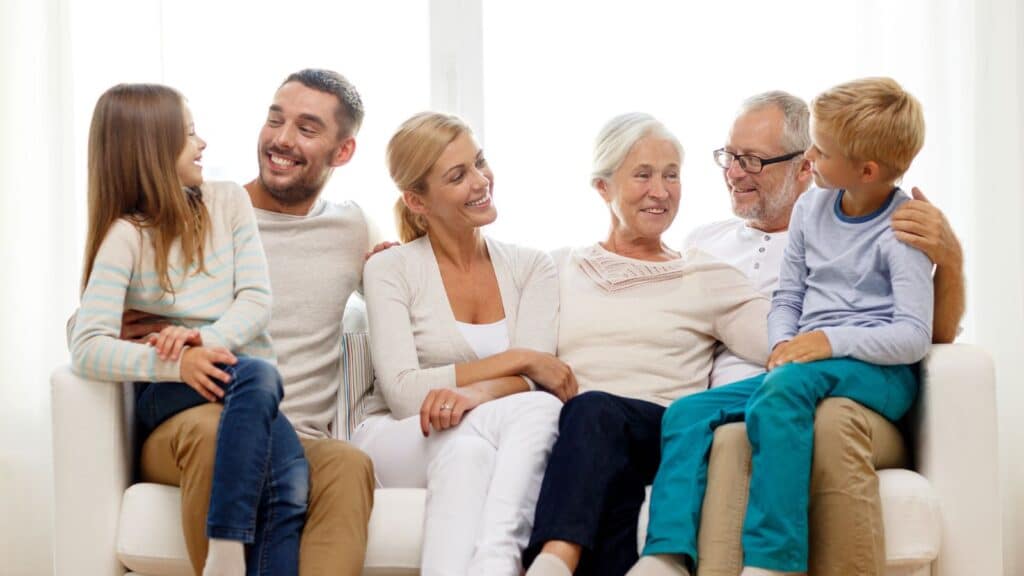
People can enjoy higher levels of privacy and dignity when being cared for in their own homes as they are in their own space and do not have to share communal space with others.
Easier Transition from Hospital to Home

If a loved one needs to be in hospital, it can be easier to recover when they move back to their own home rather than a care home. Being surrounded by comforting and familiar items can increase security and boost recovery.
Option for Family Involvement
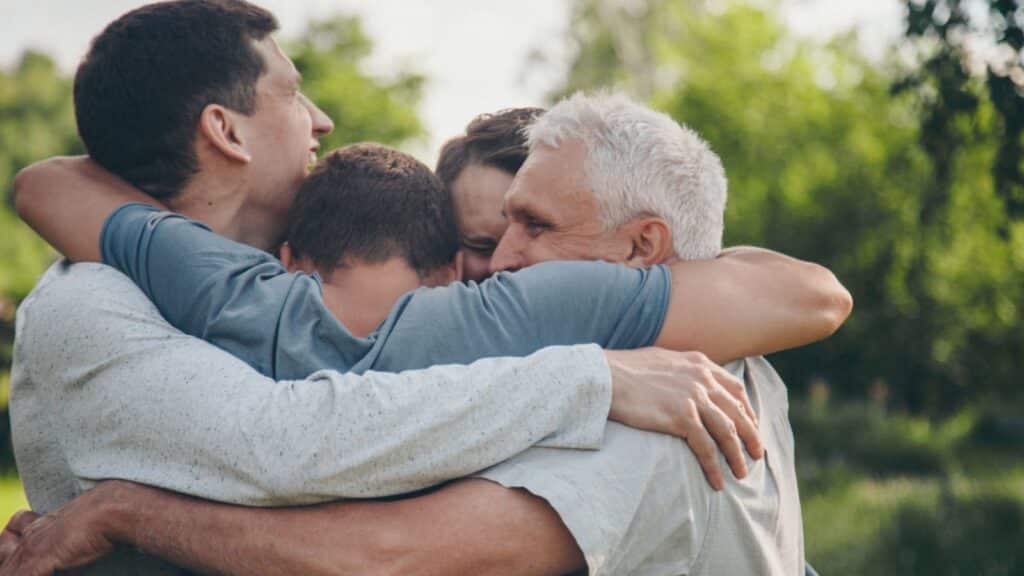
As well as offering more opportunities for families to visit, home care also allows families to be more actively involved in care, if that is what they desire. This can strengthen family bonds and relationships.
Flexibility of Routine
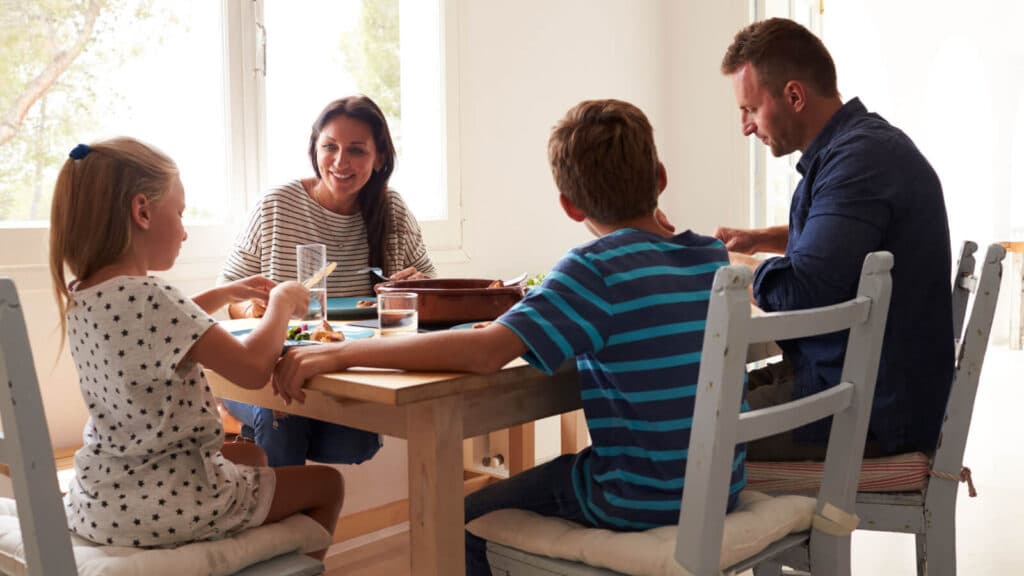
Having a home carer allows people to live their own lives, free from the restrictions of care home routines, which can be limiting and restrictive.
19 Grim Realities of Dating After 50 That Are Often Overlooked
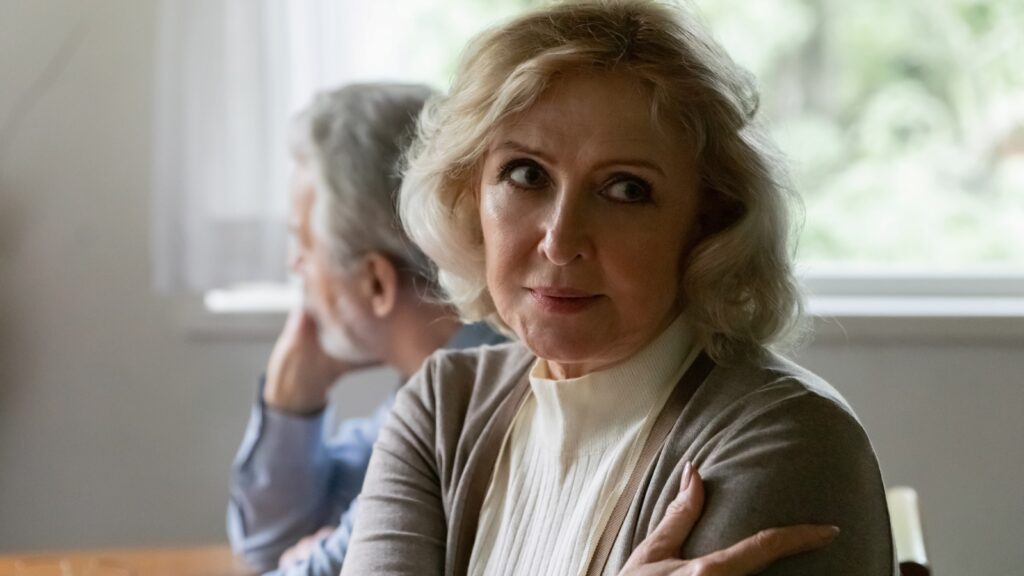
19 Grim Realities of Dating After 50 That Are Often Overlooked
26 Things That Will Be Extinct Because Millennials Refuse to Buy Them

26 Things That Will Be Extinct Because Millennials Refuse to Buy Them
24 Outdated Slang Terms You Absolutely Shouldn’t Be Using Anymore

24 Outdated Slang Terms You Absolutely Shouldn’t Be Using Anymore
25 Hardest Parts About Getting Older That No One Ever Talks About

25 Hardest Parts About Getting Older That No One Ever Talks About



